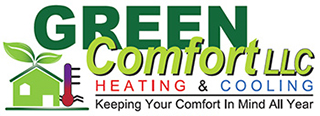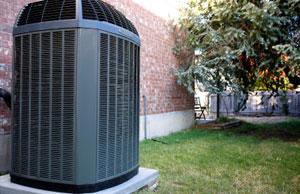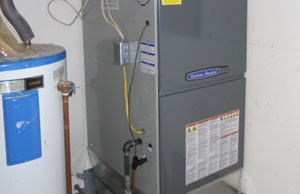- How important is it to change your air filters?
Although many companies will tell you that there are health benefits to cleaning your air ducts and that it is recommended by the EPA (Environmental Protection Agency), it just isn’t true. The average household should not need their air ducts cleaned if they regularly change their air filter. There is a short list of reasons why you might want to have your ducts cleaned, which you can read more about here on the EPA website.
- Why should I replace my existing heating or air conditioning system?
Today’s systems are as much as 60% more efficient than those systems manufactured as little as ten years ago. If your heating or cooling system is old, inefficient or in need of repair, you may want to consider replacing it. Wear and tear on a system can reduce the actual or realized efficiency of the system. If you are faced with an expensive repair, take into consideration of the amount you’ll save on your next utility bill with a more efficient system.
- How expensive are air conditioning and heat pump systems?
Many factors affect the cost of a heating or air conditioning system, including the size of your home, the type and condition of the ductwork installed and accessories you might need such as a thermostat or an electronic air cleaner. We have a complete range of systems and accessories available to meet all your needs, including your financial ones!
- How do I select the right heating/cooling system?
Ask the dealer to provide an energy analysis to determine operating cost. Take into consideration any comfort issues in the home. Some products can reduce air stratification and equalize the temperature in each room. If you have allergies, an indoor unit with an ECM motor will circulate the air in your home continuously while filtering the air for about the same cost as operating a standard light bulb. Know your budget parameters and the efficiency of the system being proposed. Will the monthly savings outweigh the cost of the new unit or efficiency option being considered?
- hat is involved in replacing an old system?
Aside from the placement of the new equipment, we will inspect other key components and determine whether or not these items need to be replaced. Some of the items include: ductwork, insulation, refrigerant piping, electrical service, wiring, thermostat, condensate piping, flue piping, flue terminations, chimney liner, slabs, filter, driers, registers, grills, drain pans and the evaporator coil.
- What is involved in replacing an New system?
If a system is being added to the home for the first time, most of the items noted above may be required in order to install the new system. Besides the equipment, the most significant component is ductwork. The ductwork can be either metal or fiberglass. The ductwork needs to be properly sized to deliver the right amount of air to each room. The ductwork consists of supply and return. The supply duct is attached to the outlet of the furnace or air handler and delivers air to individual zones in your home. We will determine the size of the ductwork going into a space by the amount of air that needs to be delivered to the space.
- How long can I expect a new system to last?
If you keep up with the suggested maintenance of your unit, industry averages suggest that an air conditioner should last 10-15 years and a gas furnace should last as many as 10-15 years.
- What are some preventative maintenance things I should be aware of?
Heat pumps and oil-fired furnaces and boilers need a yearly professional tune-up. Gas-fired equipment, on the other hand, burns cleaner and can be serviced every other year. A close inspection will uncover leaks, soot, rust, rot, corroded electrical contacts and frayed wires.
- Should I change my indoor coil?
When replacing your air conditioner or heat pump, the answer is most likely yes. The efficiency ratings that are advertised for an air conditioner or heat pump are based on the performance as part of a matched system. If only the outdoor portion is changed, the efficiency and savings could be less than that of a matched system.


